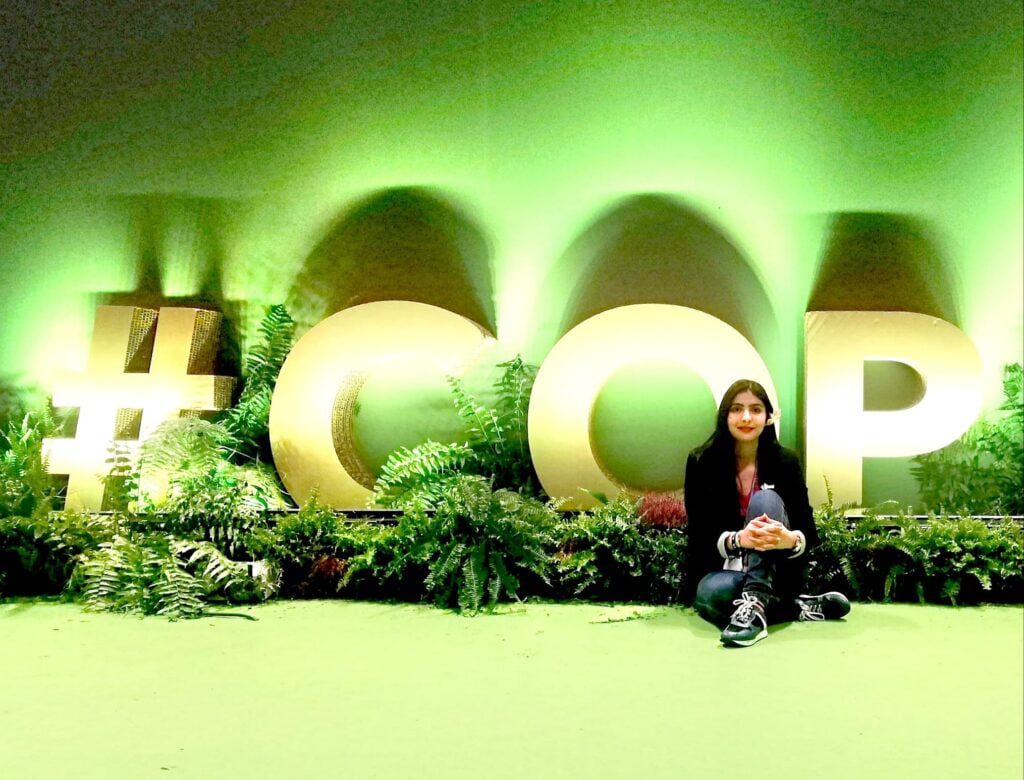
What is the Conference of the Parties (UNFCCC)?
by Malek Romdhane & Vincent Diringer
During the 1992 Earth Summit in Rio de Janeiro, 154 countries and the European Union signed an international treaty known as the United Nations Framework Convention on Climate Change (UNFCCC) [1]. This convention entered into force on 21 March 1994, with each signatory nation becoming a Party to the Convention – eventually growing to include 197 parties [2].
What is a COP?
The Conference of the Parties (COP) is the UNFCCC platform for structured international cooperation on matters related to the climate crisis.
Conference of the Parties or COP is a relatively widespread term that designates a meeting of representatives of a certain movement or agreement. It is important to point out that when we talk about COP within ClimaTalk’s upcoming articles and analysis pieces, we refer to it as it pertains to the UNFCCC.
As such, the COP acts as the UNFCCC’s supreme decision-making body and convenes delegates from all 197 parties every year – barring a major issue – to monitor progress towards climate change targets set out at previous conferences, monitor emission inventories, and promote further climate change ambition [3].
Within the realm of international policy, there are several other COPs that you may hear mentioned, two of the most prominent ones are related to the United Nations Convention to Combat Desertification (UNCCD), and the Convention of Biological Diversity (CBD) [4,5]. Both of these COPs are unaffiliated to the UNFCCC, and deal with countries experiencing serious drought and/or desertification, and global biodiversity, respectively.
When was the UNFCCC COP established?
COP was established through the UNFCCC (Article 7) in 1992 [6]. The Convention states ‘the first session of the Conference of the Parties…. shall take place not later than one year after the date of entry into force of the Convention. Thereafter, ordinary sessions of the Conference of the Parties shall be held every year unless otherwise decided by the Conference of the Parties’ [6].
The Convention entered into force in 1994, resulting in the first annual meeting taking place in 1995 in Berlin, Germany. This first COP was known as COP1.
Each year COP has since progressed numerically, and has been hosted by one the signatory parties. In the event that there there are no volunteers to host and organise it, the event takes place in Bonn, Germany, at the seat of the UNFCCC [3].
So, will 2021 see the 27th session of COP?
The answer is NO.
Exceptionally this year, COP26 will be supplanting COP27. As a result of the global COVID-19 pandemic that began in early 2020, the UNFCCC along with host nation United Kingdom and partner Italy decided to postpone the conference to the following year – 2021 [7].
In April 2020, the COP released a statement about their decision: “In light of the ongoing, worldwide effects of COVID-19, holding an ambitious, inclusive COP26 in November 2020 is no longer possible,” and pointed out that “Rescheduling will ensure all parties can focus on the issues to be discussed at this vital conference and allow more time for the necessary preparations to take place. We will continue to work with all involved to increase climate ambition, build resilience and lower emissions [7].”
When and where will COP26 be held?
The time and place of the 2021 COP26 will be roughly the same as that originally planned, and will be held at the Scottish Event Campus (SEC) in Glasgow, Scotland between November 1 – 12 of this year [8].

Picture: Malek at COP25 in 2019
Malek is currently the regional coordinator for North and Central Africa at the 16th UN Climate Change Conference of Youth (COY16) and director of External Relations with the International Youth Council, Tunisia Chapter. Having a background in business specialised in communication and green marketing and six years of experience with international organizations, she advocates for a sustainable and fair future.
References:
[1] United Nations, United Nations Conference on Environment and Development, Rio de Janeiro, Brazil, 3-14 June 1992 https://www.un.org/en/conferences/environment/rio1992 (Accessed 28/01/21)[2] UNFCCC, What is the United Nations Framework Convention on Climate Change? https://unfccc.int/process-and-meetings/the-convention/what-is-the-united-nations-framework-convention-on-climate-change (Accessed 28/01/21)
[3] UNFCCC, Conference of the Parties https://unfccc.int/process/bodies/supreme-bodies/conference-of-the-parties-cop (Accessed 28/01/21)
[4] Convention on Biological Diversity, Conference of the Parties https://www.cbd.int/cop/ (Accessed 28/01/21)
[5] Wikipedia, United Nations Convention to Combat Desertification https://en.wikipedia.org/wiki/United_Nations_Convention_to_Combat_Desertification (Accessed 28/01/21)
[6] United Nations Framework Convention on Climate Change (1992). Available at https://unfccc.int/resource/docs/convkp/conveng.pdf, (accessed on 28/01/21)
[7] UNFCCC, COP26 Postponed, https://unfccc.int/news/cop26-postponed (Accessed 28/01/21)
[8] UK Cabinet Office, COP26, https://ukcop26.org/ (Accessed 28/01/21)



